

The search for love and redemption... Helena is a former secretary of António Fontes Morais’s who cunningly managed to get married to her boss, thus earning the title of a trophy wife. Together, they had two children: Tomás and Camila. Their firstborn is a playboy who has been living in the United States and Camila is a spoiled young woman who spends her days spending money and on her phone. The family enjoys a lavish lifestyle, but António doesn’t go without a driver and armed security since his brother Fausto was murdered, leaving his son Miguel under the care of his aunt and uncle. Helena’s hatred for the Rocha family has grown as much as the cousins Tomás and Miguel's love for Laura. So, without realizing, the nurse sees herself in the middle of a love triangle that will undermine the harmony between the Fontes Morais and Rocha families. Still, Verónica, who is totally in love with Tomás, and Helena will resort to any means necessary in order to get rid of Laura.
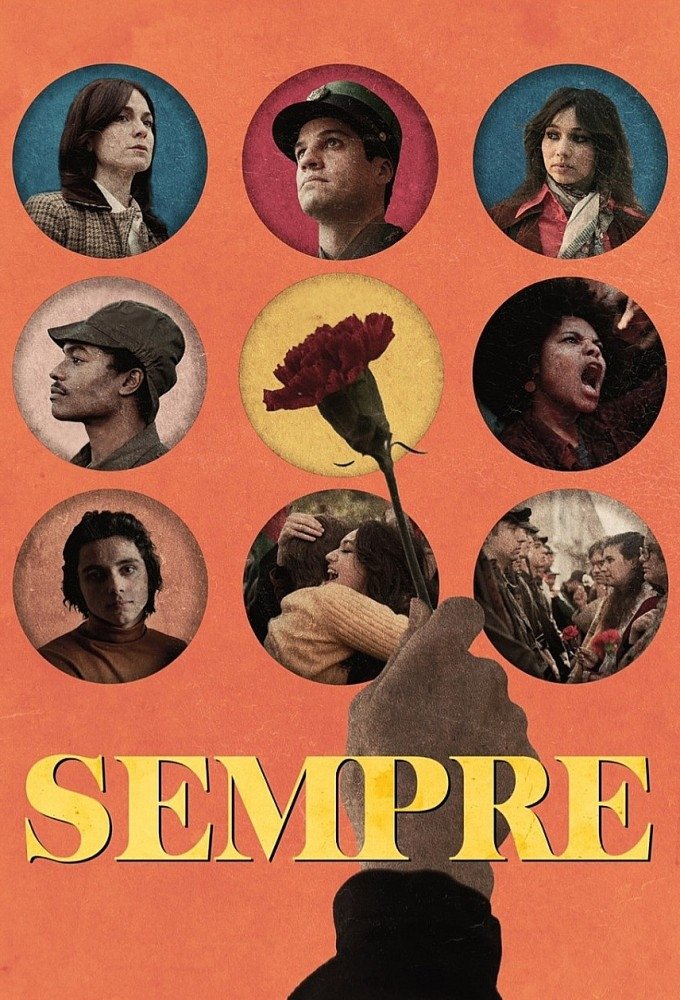
Half a century of dictatorship came to an end on April 25, 1974. The main protagonists, and the unfolding of events, are duly and meticulously portrayed. But hundreds, perhaps thousands of episodes of tension and fear, courage and adrenaline, pain and loss, fury and dreams were experienced by anonymous citizens during the intense hours that changed the country.
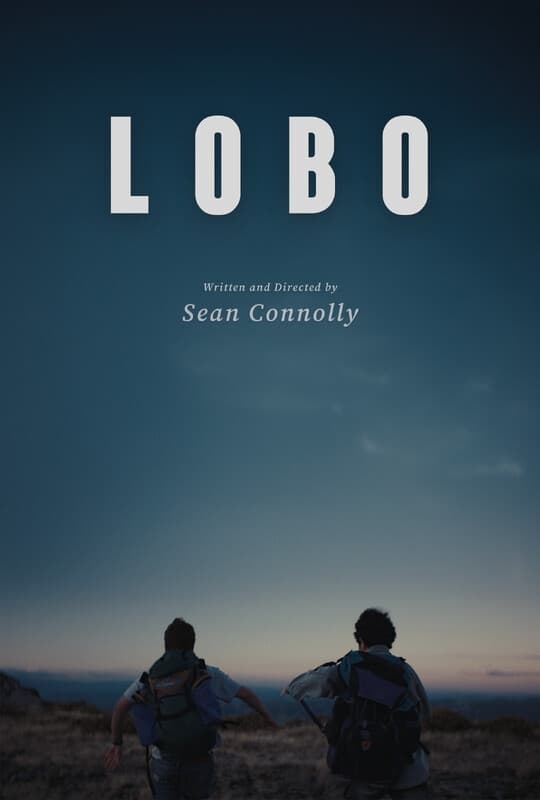
LOBO is about a timid but enraged teenage boy who escapes into the wild with his fearless older brother, after making the ultimate sacrifice for his family. It encapsulates the lengths one might go to protect one of their own. As they venture deeper into the wild, the pair are forced to face their turbulent past and re-discover what it means to be brothers. Things start to fall apart when reality rips the veil of delusion from their eyes.

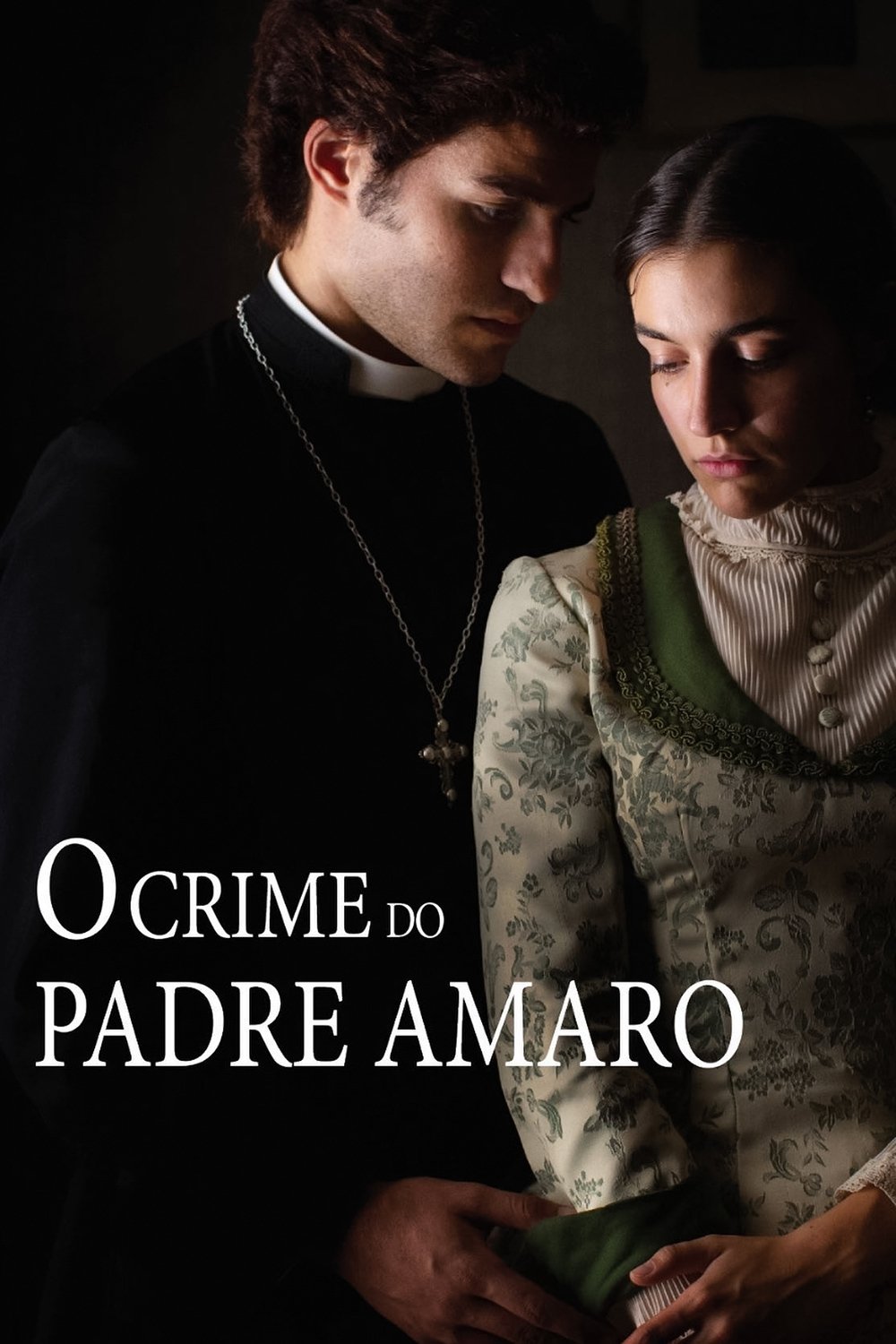
Based on Eça de Queiroz's 1875 novel, the plot takes place in Leiria, Portugal, at the end of the 1860s, and follows the story of the forbidden passion between Amaro, a young priest, and Amélia, "the most beautiful girl in Leiria". Tense, emotional and rooted in personality conflicts, the series takes a critical look at society and the church in Portugal, in Leiria in the 19th century.

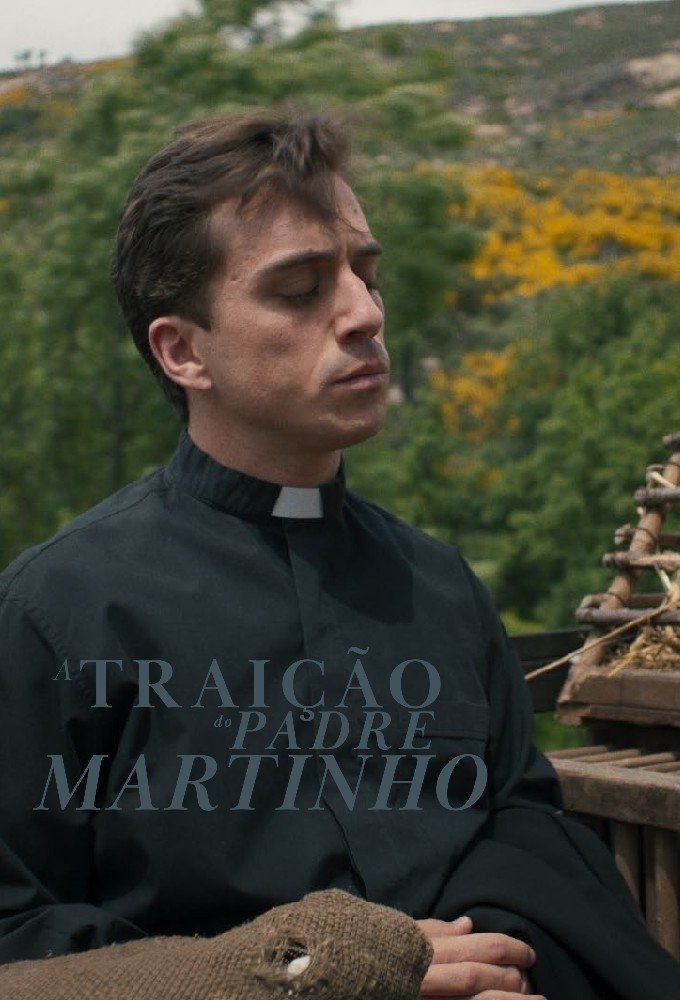

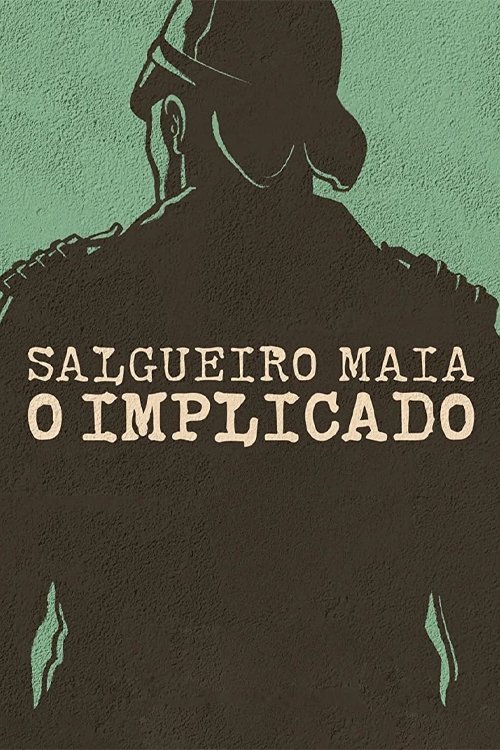
On April 25, 1974, a man walked alone in Largo do Carmo. He knocked on the GNR military barracks door and entered, unarmed and without any escorts. Inside, the Government’s chief, Marcelo Caetano, waited, surrounded by the military and the people. The man who stared at him that afternoon and demanded surrender, guaranteeing his safety, had just led Santarém’s Artillery 1 regiment in taking the capital. Without firing a single shot, he managed to overthrow a regime that was over 48 years old. That was the last step to take and he took it, without hesitation, becoming the unavoidable figure of the day that marked the beginning of democracy in Portugal

In the parish of Rio Meandro, two villages are at war over the construction of a dam that will submerge one of them: either Aldeia Velha or Aldeia Nova.
Diogo Martins is a Portuguese actor.
By browsing this website, you accept our cookies policy.